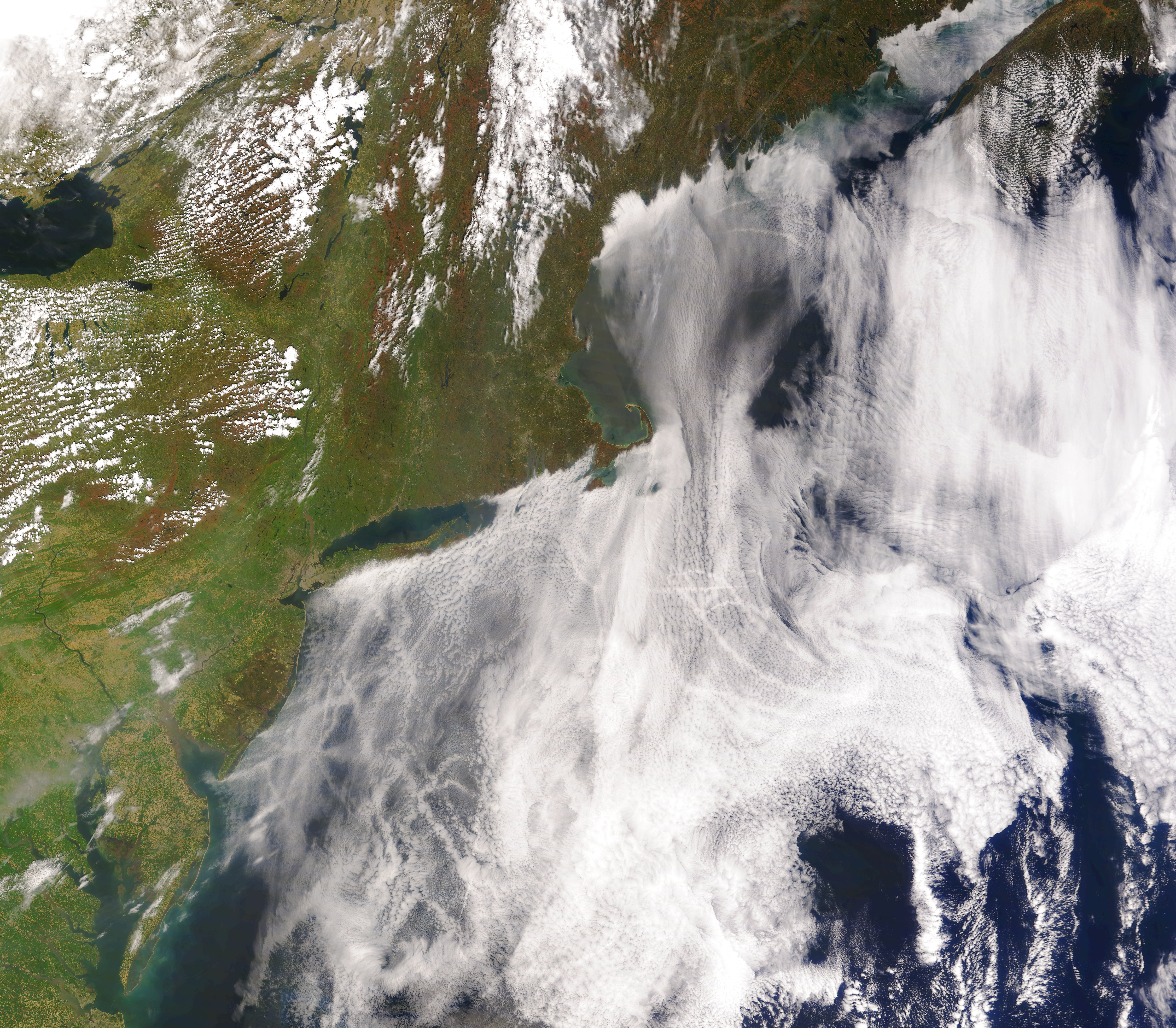Quite a while ago, it was announced that we pushed atmospheric carbon levels past 400 parts per million. You might ask how this may affect you or why you should care. But this announcement will indefinitely change the earth that we hold so dear.
Carbon dioxide is actually a naturally-occurring gas. Many people today deem this infamous gas bad for the environment due to its association with global warming. Carbon dioxide is needed by plants in order to carry out photosynthesis, a process that produces the oxygen we need, among other things. In decent amounts, this gas warms our atmosphere and sustains life. But in copious amounts, this gas can destroy our planet.
This September, scientists noticed that the carbon levels hovered around 401 parts per million. Normally, carbon levels would reach a low point at that time. This newly found information shows us that immediate action needs to be taken. Following this discovery, 195 countries gathered at a convention—the Paris Agreement—to contribute to the prevention of global average temperatures from rising above 1.5 degrees Celsius.
But the 60 nations who ratified this agreement only account for 47.76 percent of the world’s carbon emissions. And if this gets worse, the World Wildlife Fund estimates that 10,000 species could become extinct each year. That means that ¼ of Earth’s species could be extinct by 2050 (according to the Nature Conservancy). High carbon levels will cause glaciers to melt, thus flooding coastlines and communities. It is estimated that by 2100, approximately 13 million people in the United States will lose their homes as a result of rising sea levels.
But there is a silver lining to this seemingly never-ending nightmare: to help our planet recover, limit driving and instead walk, ride bikes, carpool, or use public transportation. Turn off lights when you are not using them and insulate/seal your home. Eat organic and locally grown food, recycle, and reduce consumption of beef and dairy. Only together can we slowly reverse the destruction of our planet.
By Matthew R.
